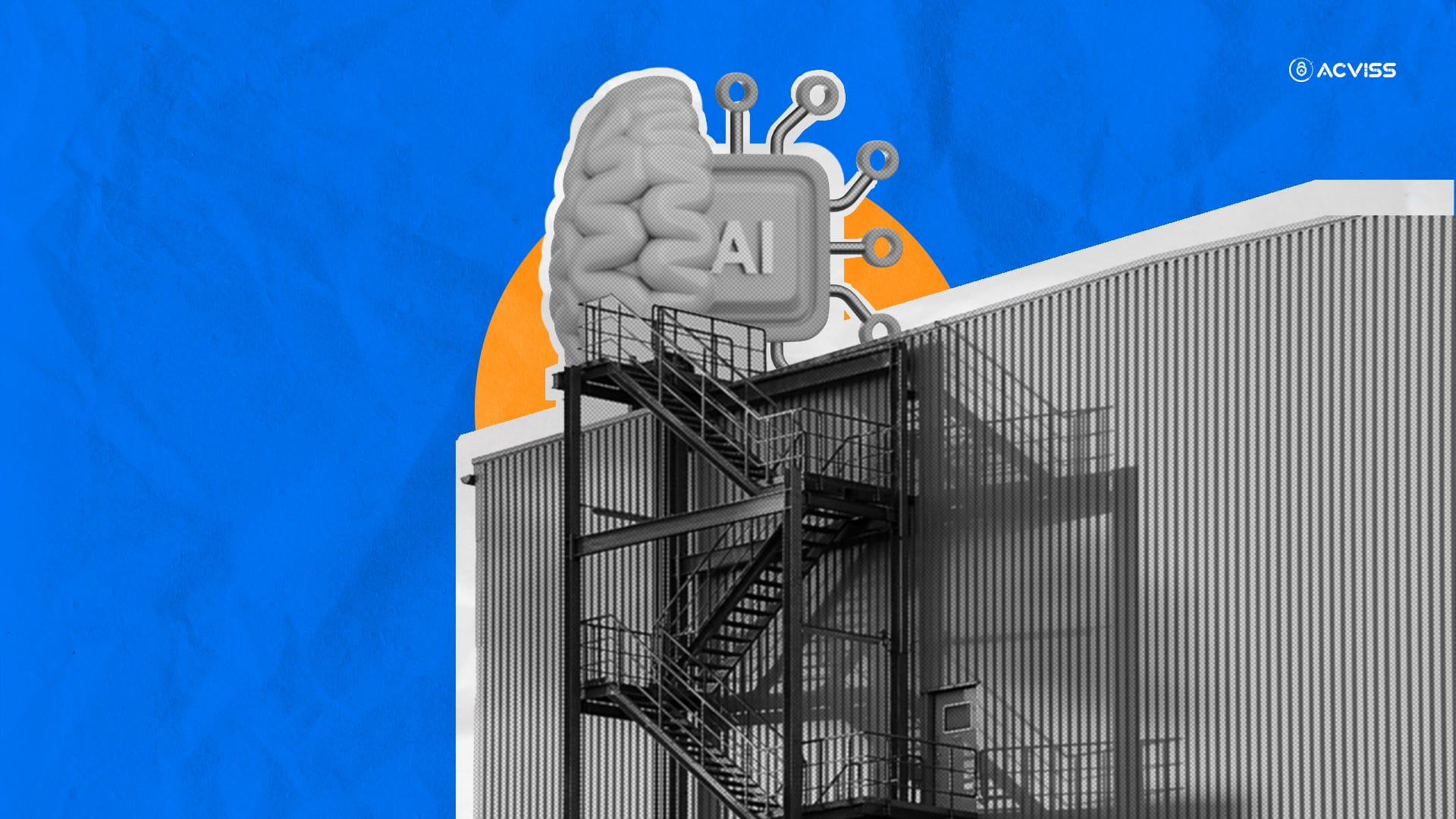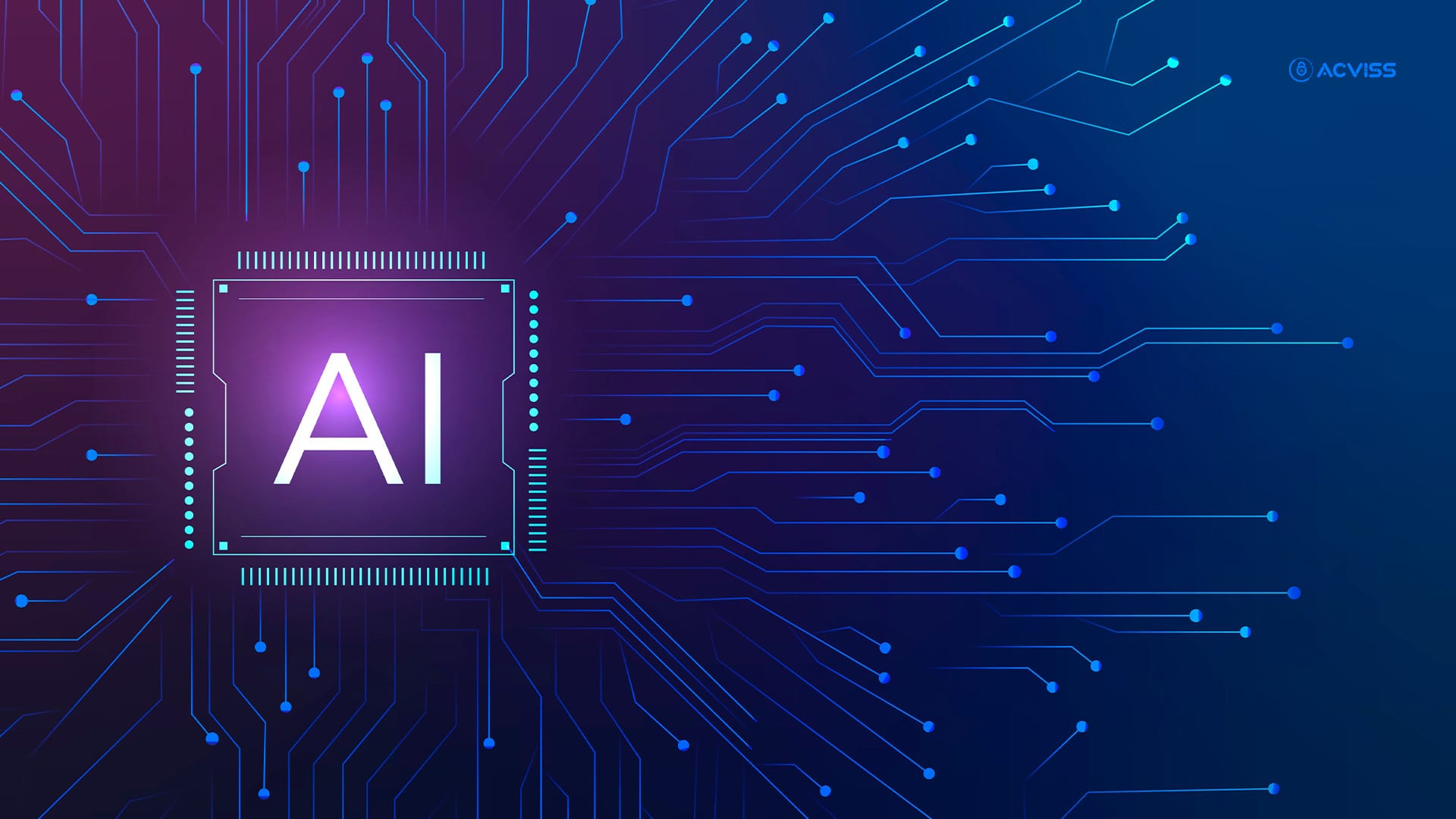The Role of AI in Streamlining Manufacturing Operations

The manufacturing industry is broad, with millions of companies following distinctive approaches to production. However, almost every manufacturer desires to streamline their manufacturing operations to drive business success. From production lines to inventory management and quality assurance, these operations determine efficiency, customer satisfaction, and profitability.
However, the complexity of modern manufacturing brings a plethora of challenges, such as fluctuating demand, resource wastage, and, especially, counterfeiting threats. It takes time, financial investment, workforce, and, most importantly, the right technology to improve your manufacturing operations while maintaining effectiveness and quality.
With the right technology, integrating AI into your manufacturing operations can streamline them and achieve unparalleled efficiency and accuracy by saving your time, financial investment, and labour resources.
So, how does AI actually help streamline manufacturing processes? Read on to learn!
Challenges Faced in Streamlining Manufacturing Operations

Before understanding the role of AI in streamlining manufacturing operations, let’s first understand what challenges manufacturers actually face.
Manufacturing involves various operations, from procurement and inventory management to supply chain. With so many operations, streamlining them is always challenging. The following discussed are a few challenges manufacturers might face in achieving streamlined processes:
- Complexity of Processes
Keeping track of and managing diverse and interconnected manufacturing processes, including procurement, resource allocation, inventory management, production, supply chain, etc., can lead to inefficiencies.
- Unpredictable Market Demand
Consumer preferences fluctuate from time to time, which makes it difficult for manufacturers to forecast demand. Thus, due to sudden surges or drops in demand, they end up overstocking or understocking raw materials, disrupting production.
- Resource Wastage
Manufacturers often report resource wastage. It’s found that 20% of every dollar spent in the industry is wasted, which adds up to $8 Trillion, or 10% of the GWP. The more manufacturers waste resources, the more manufacturing cost increases.
- Supply Chain Disruptions
When you are unable to monitor, communicate, or coordinate properly, inconsistencies such as delays and inefficiencies start appearing in the supply chain, which can hinder productivity.
- Counterfeit Goods
The increasing volume of counterfeit goods doesn’t only question the manufacturers’ ethical sourcing efforts but also damages brand reputation and results in revenue loss. The lack of product tracking, tracing, and authenticity measures can cause unfair procedures in the supply chain.
- Labour Shortages
The manufacturing sector is facing a severe labour shortage. The U.S. Bureau of Labour Statistics stated that employment in the manufacturing sector dropped by 8.7% in 2023. Due to the shortage of skilled labour, manufacturers struggle to maintain operational efficiency.
Exploring the Role of AI in Streamlining Manufacturing Operations

The application of artificial intelligence (AI) in manufacturing is a blend of multiple technologies like machine learning, computer vision, and predictive analytics, with use cases involving supply chain optimisation, inventory management, quality control, demand forecasting, and more.
According to market reports, the global AI in manufacturing market is projected to grow from $3.2 billion in 2023 to $20.8 billion by 2028, showcasing its transformative potential. By leveraging AI, manufacturers can shift from reactive to proactive operations, reduce costs, enhance productivity, and ensure greater transparency across the supply chain.
In this section, we will learn how AI can help streamline manufacturing operations:
1. Inventory Procurement and Management
The first operation AI can help with is the procurement and management of needed raw materials, semi-finished or finished goods (basically inventory).
The predictive analysis component of advanced AI systems can aid in predicting material requirements based on your production plans and market demand, preventing overstocking or stockouts.
In addition, you can make use of automated inventory tracking to ensure that raw materials and finished goods are available when needed, reducing carrying costs and wastage.
2. Enhanced Production Efficiency
Are you juggling with scheduling production for different batches? Are you not able to make the most out of your machinery and labour?
Using AI-driven tools can help you optimise production schedules, efficiently use machinery and labour, and minimise downtime. With advanced machine learning algorithms, you can identify potential production bottlenecks. These insights can further help make adjustments in your production processes in real-time, ensuring continuous operations.
3. Automating Repetitive Tasks
Deploying AI-powered tools can help automate repetitive tasks, allowing your workers to focus on more strategic responsibilities. It will enhance productivity, streamline production workflows, and reduce overall costs associated with idle time or overuse of machinery.
4. Optimised Resource Allocation
Do you find it challenging to allocate available resources, such as materials, capital, or labour, to different manufacturing processes or production batches? By integrating AI into your manufacturing operations, you can ensure that resources are being utilised effectively.
AI systems will analyse production data and real-time conditions to allocate resources where they are most needed, reducing inefficiencies and waste. For instance, AI-powered energy-efficient algorithms can help optimise power usage across your entire manufacturing facility, reducing operational costs and supporting sustainability goals.
5. Predictive Maintenance
The introduction of AI has made it relatively easier for manufacturers to predict machine failures and schedule maintenance before disruptions occur. You can embed sensors in your machinery to collect data, and AI algorithms will analyse this data to identify patterns of wear and tear.
This proactive approach will help prevent unexpected breakdowns, extend equipment life, reduce downtime by 30% to 50%, ensure consistent production quality, and save around 10% to 20% of maintenance costs.
6. Quality Assurance
The manufacturing sector is a highly regulated industry with no scope for defective or counterfeited items. Selling defective or intimated goods not only leads to revenue loss but can also negatively impact the manufacturer’s brand.
So, how can you ensure the production of quality goods? Your ultimate solution is leveraging AI brand security.
AI-powered computer vision systems can help you identify defects or duplication in real-time, ensuring only high-quality products reach the market. These systems can analyse microscopic details invisible to the human eye, providing consistent and reliable quality control.
7. Cost Management
Are you scratching your head about how to save on manufacturing costs? AI can help optimise cost management within your manufacturing operations.
By analysing energy consumption, labour allocation, and material usage, AI tools can identify inefficiencies and suggest cost-saving measures. Also, with the help of predictive analytics, you can efficiently use the available resources and reduce waste and unnecessary expenditures.
Moreover, you don’t have to worry about human errors when using AI software, which can further lower operational costs.
8. Supply Chain Optimisation
Along with forecasting demand and managing inventory, AI can help with supplier management, enabling a smoother supply chain. By analysing market trends and historical data, AI can predict demand fluctuations, allowing you to optimise your stock levels accordingly. It further ensures timely production and deliveries.
AI-driven systems also enhance collaboration between you and your distributors, reducing potential disruptions and delays and maintaining overall supply chain continuity.
In addition, you can use AI as a robust anti-counterfeiting measure. Combining machine learning algorithms with blockchain technology will allow you to track and trace your manufactured products throughout the entire supply chain, from manufacturing to the end consumer. Therefore, you don’t have to worry about your goods being duplicated.
How Acviss Can Help Streamline Manufacturing Operations?
Acviss is transforming the manufacturing industry by offering cutting-edge anti-counterfeiting and brand protection solutions to help streamline manufacturing processes. Leverage its advanced Certify and Origin products designed to address the challenges of modern manufacturing and enhance operational efficiency:
Certify: Ensuring Quality and Brand Security

Acviss Certify is an AI-powered anti-counterfeiting solution that can help protect your brand and ensure product authenticity. You can integrate it seamlessly with your manufacturing operations to avail of benefits like:
- Product Authentication: Certify uses unique identifiers and blockchain technology to verify the authenticity of products, ensuring you deliver genuine goods to end customers.
- Consumer Trust: By enabling consumers to authenticate products, Certify can contribute to your brand loyalty-building efforts while helping eliminate counterfeit concerns.
- Real-Time Insights: You can gain real-time insights into product distribution, aiding in better decision-making.
Origin: Enhancing Supply Chain Transparency
Do you want to keep an eye on each manufacturing step for enhanced transparency? Acviss Origin leverages AI to improve supply chain visibility and efficiency:
- End-to-End Tracking: You can monitor your products throughout the supply chain, ensuring timely deliveries and minimising disruptions.
- Sustainability: Origin’s real-time tracking can guarantee supply chain transparency and ensure you adhere to sustainability-related laws.
Concluding Words
Manufacturers striving to stay relevant in today’s global, hypercompetitive market need to reassess, improve, and streamline their manufacturing operations continuously. You might be hesitant to adopt AI, but knowing how to use this cutting-edge technology best can help streamline your manufacturing operations. You can boost the efficiency of each manufacturing process, minimise wastage, and even combat counterfeiting with AI-integrated Acviss track and trace and product authentication solutions.
Are you ready to streamline your manufacturing operations and secure your brand? Explore Certify and Origin today and take the first step toward transforming your manufacturing business.
